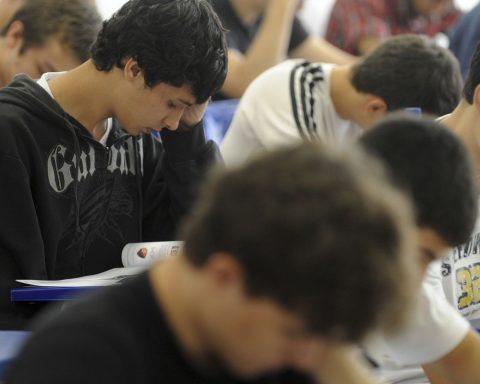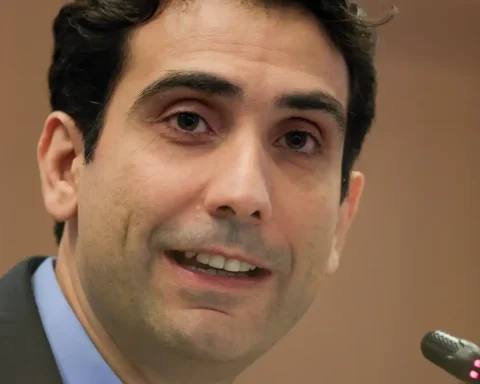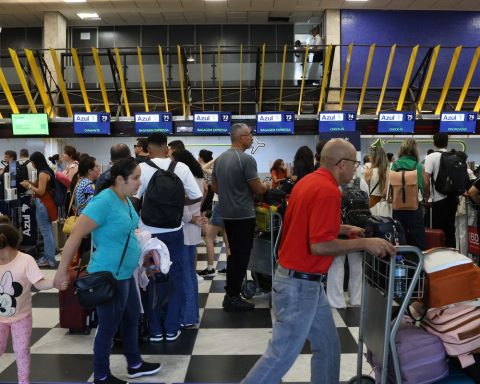The plenary session of the Federal Senate approved, in a symbolic vote, on Wednesday night (18), Bill 104/2015, which restricts the use of portable electronic devices, especially cell phones, in classrooms in public establishments. and deprived of primary and secondary education across the country.
The text had already been approved by the Chamber of Deputieslast week, in a final vote in the Constitution, Justice and Citizenship Commission (CCJ). Supported by the federal government and expertsthe text was also quickly processed in the Senate, going straight to a vote in the plenary. With approval in Congress, the project goes to presidential sanction and could be valid for the 2025 academic year.
Countries such as France, Spain, Greece, Denmark, Italy and the Netherlands already have legislation that restricts cell phone use in schools.
According to the PL rapporteur in the Senate, Alessandro Vieira (MDB-SE), the measure does not bring punishments, but “guides a public educational policy”.
“Between the beginning of the class period and the end, the use of cell phones is prohibited, except for a matter of necessity, such as health. The rule is that the student leaves this cell phone turned off, muted, in their backpack or in the establishment that has space, and he has full concentration in class. It’s a very simple project, he wants to rescue the student’s attention, get that student to pay attention in class”, argued the senator, during the debate session.
Despite having achieved unanimity among senators, two amendments were presented. One of them, authored by senator Rogério Marinho (PL-RN), aimed to establish compulsory education only in kindergarten and elementary education, from the 1st to the 9th year, excluding secondary education. The parliamentarian’s argument was to apply the policy gradually. The amendment ended up being rejected.
Another amendment, authored by senator Eduardo Girão (Novo-CE), was presented to require the installation of cameras in classrooms, but, after the debates, the parliamentarian withdrew the proposal, to re-present it in the form of a separate bill.
















